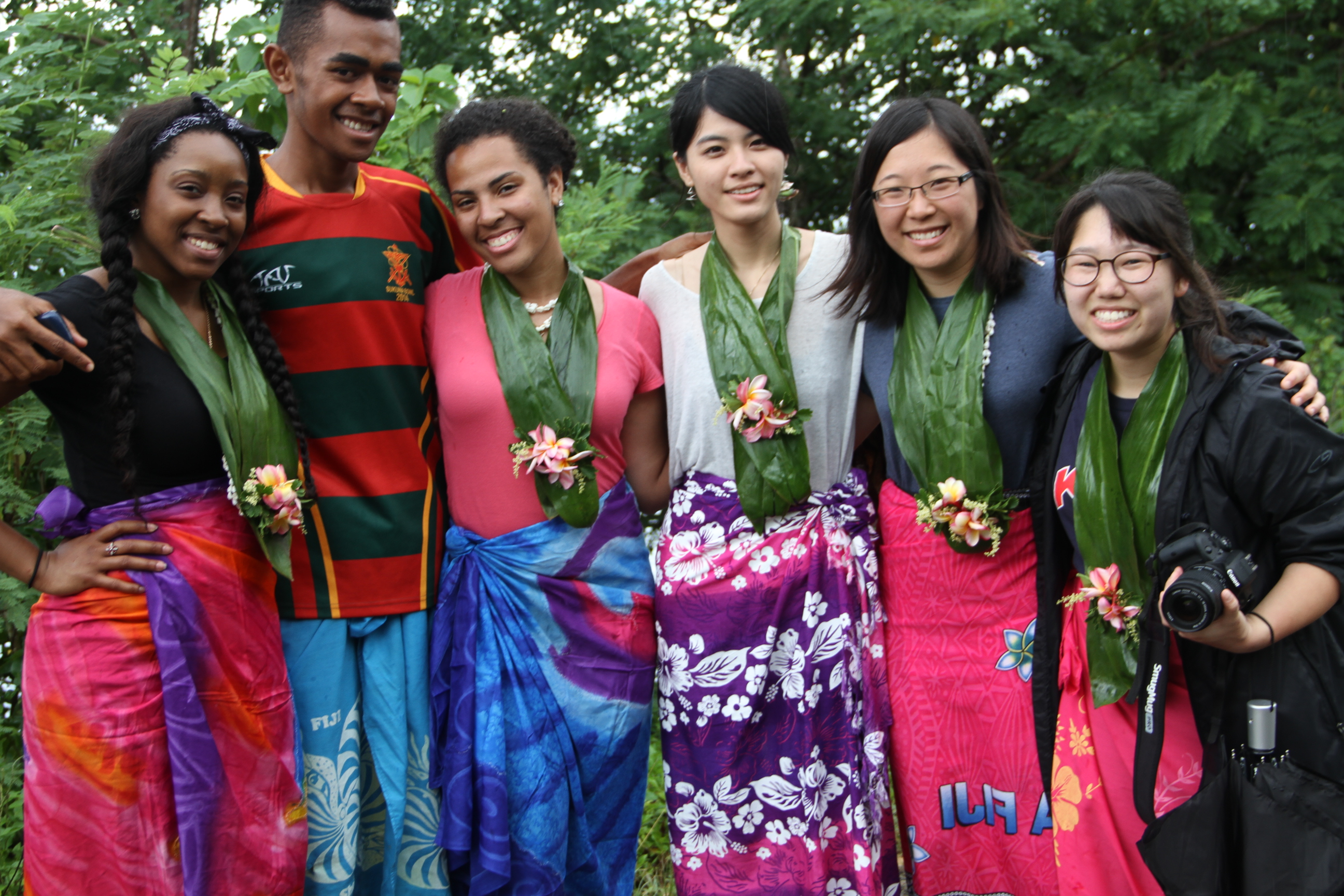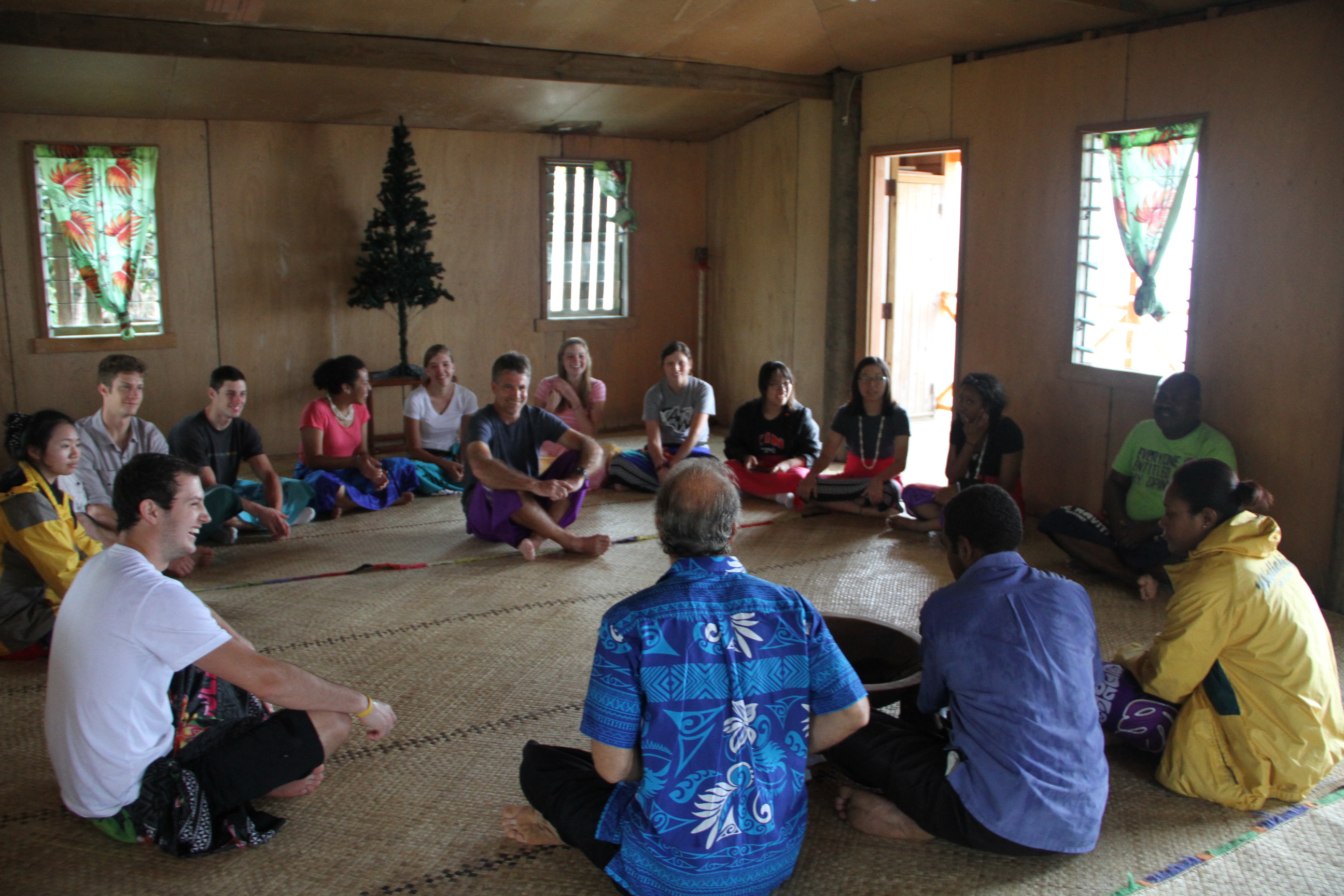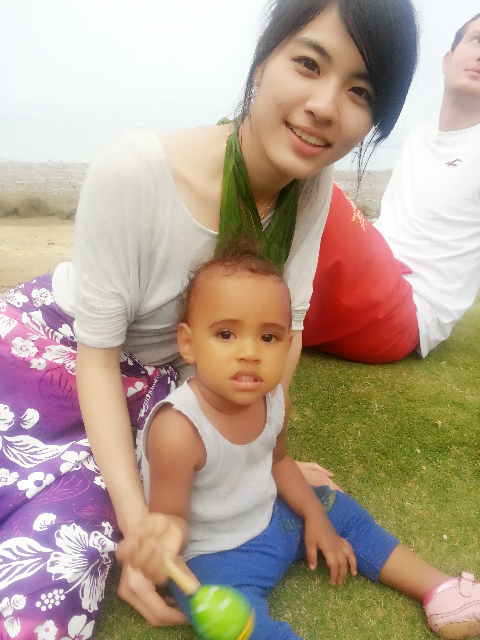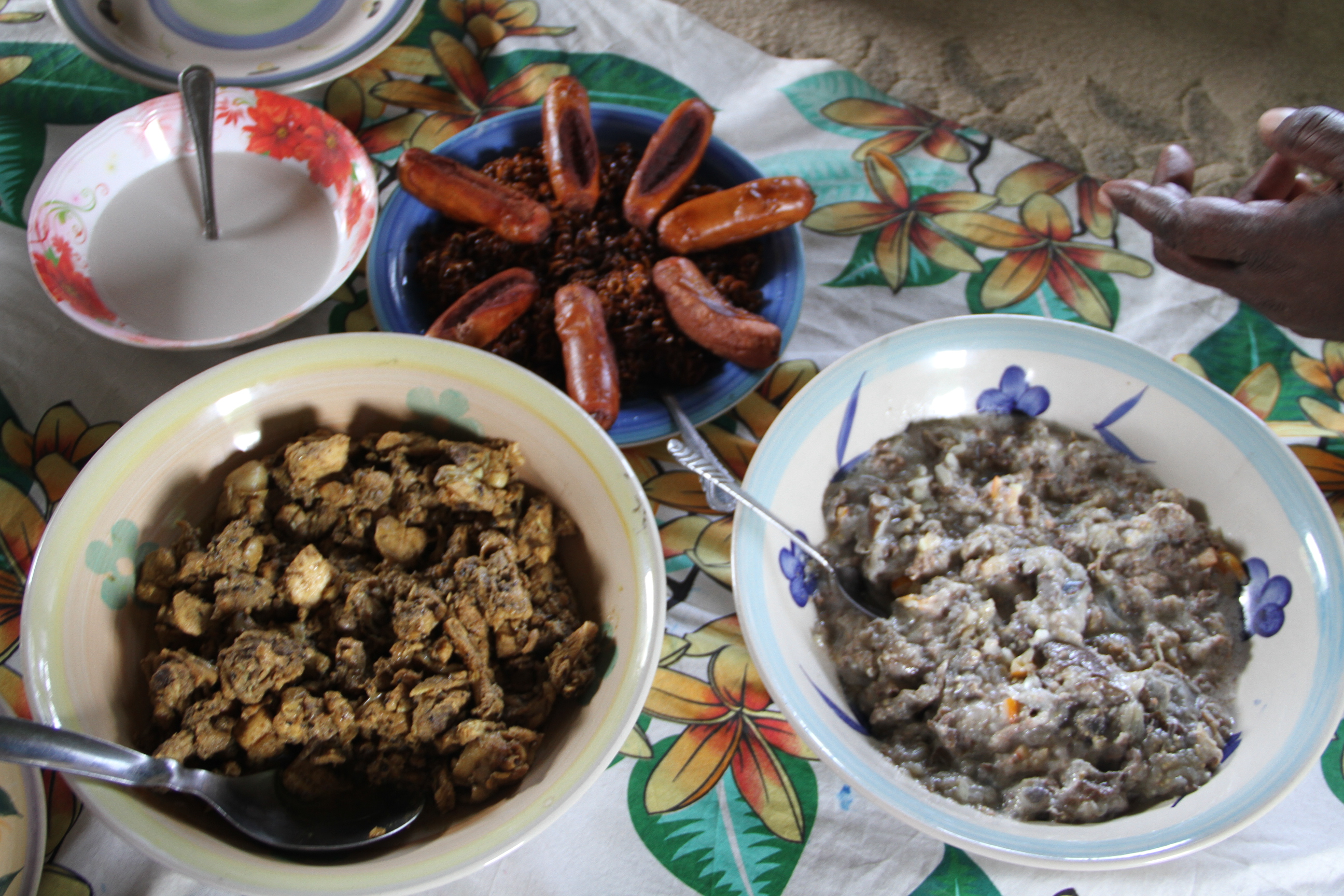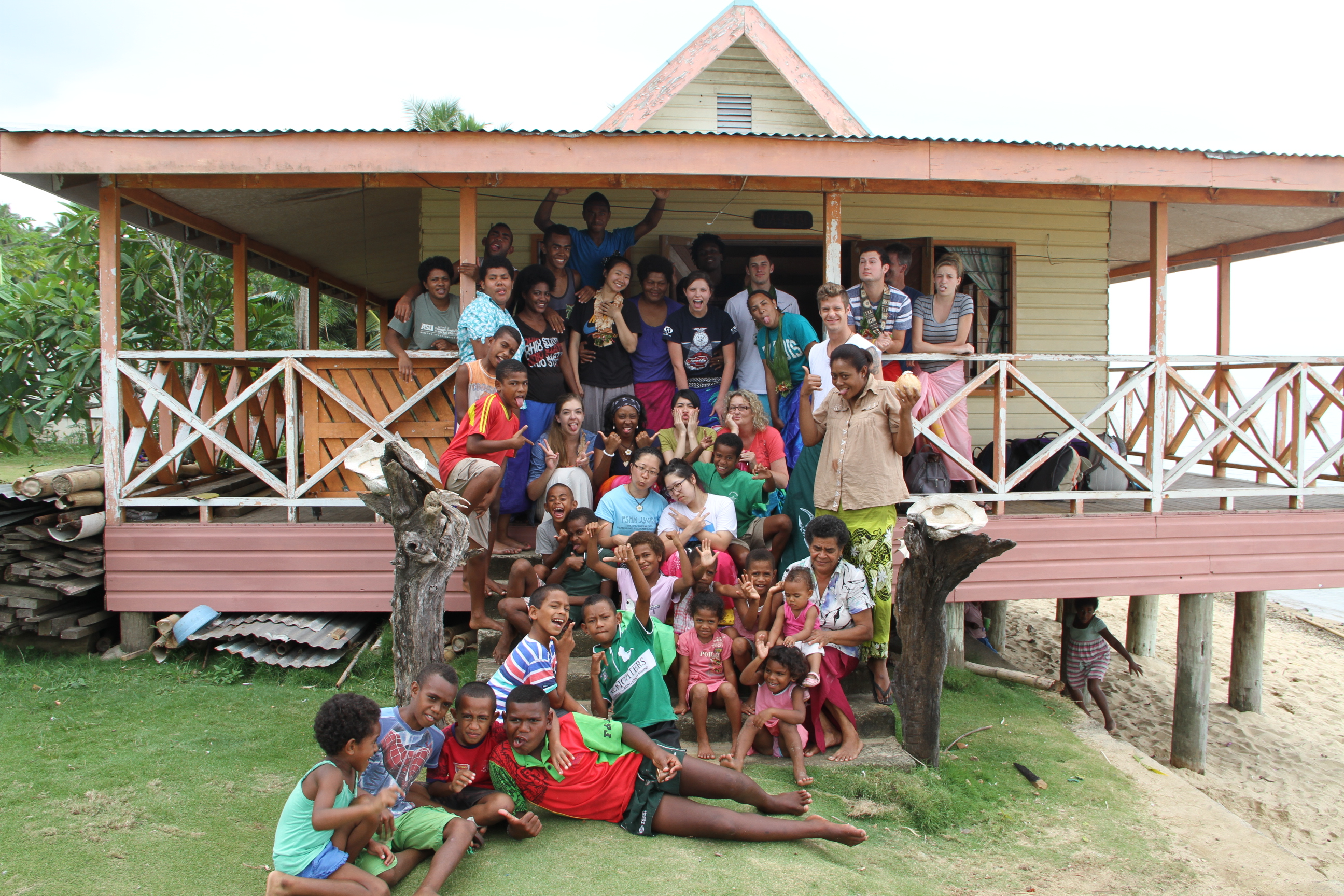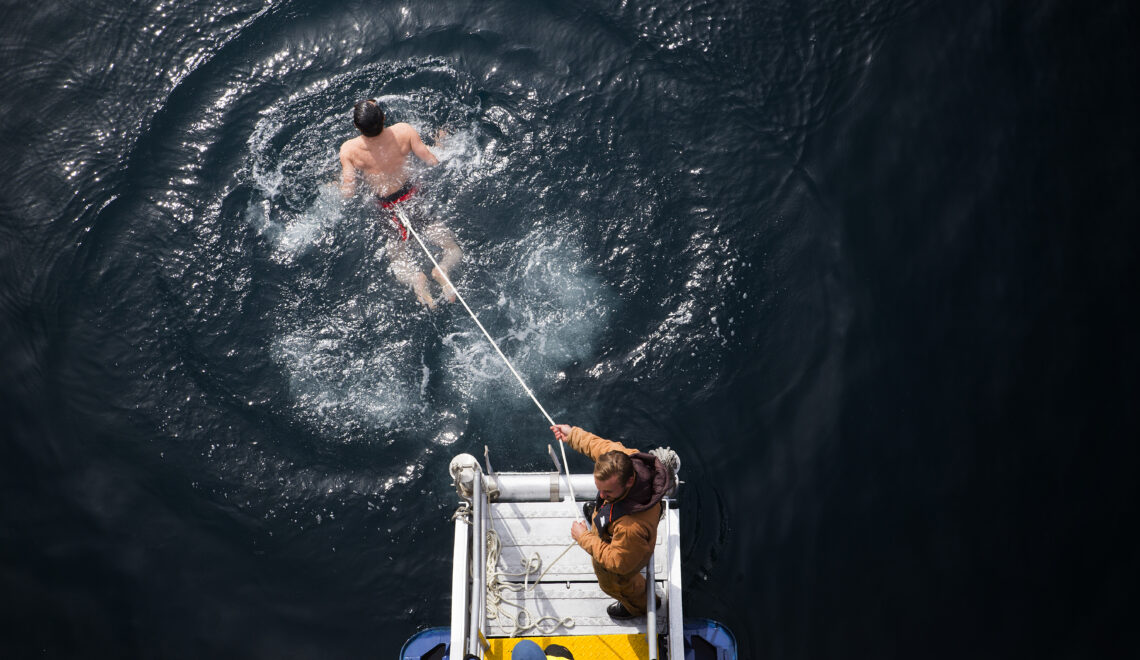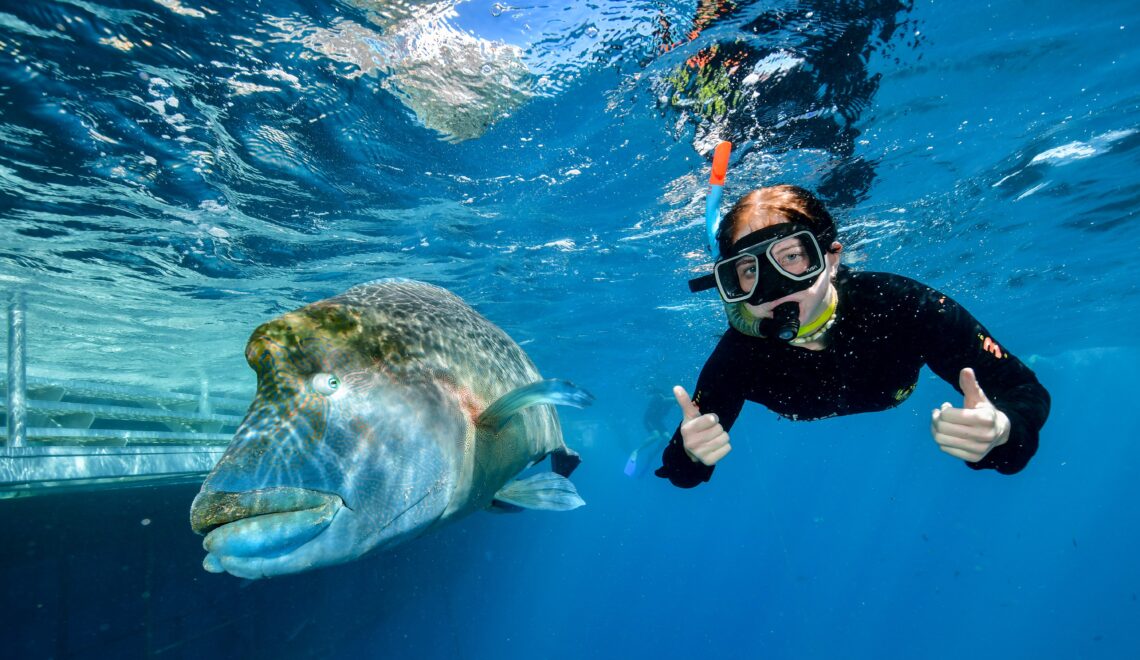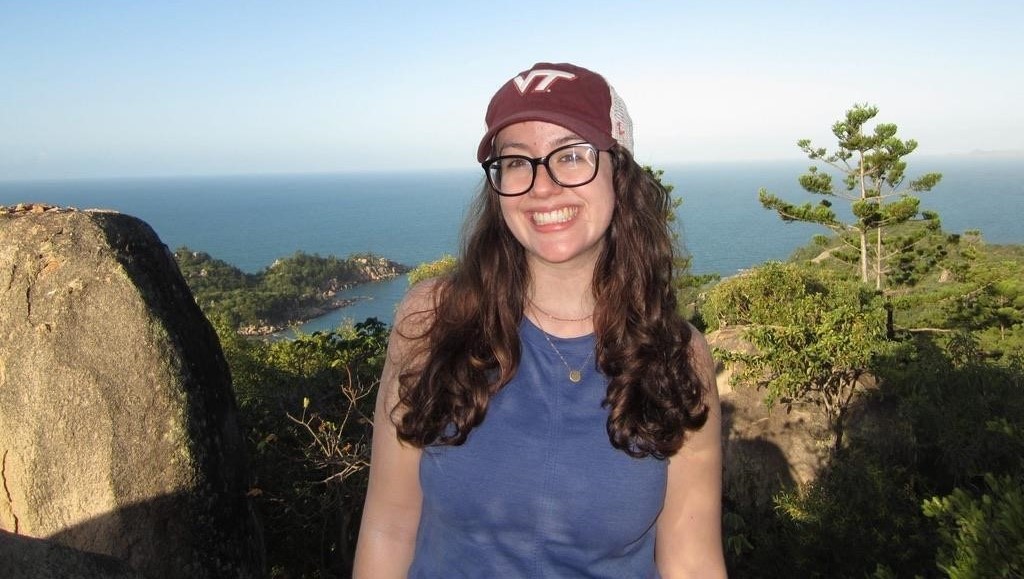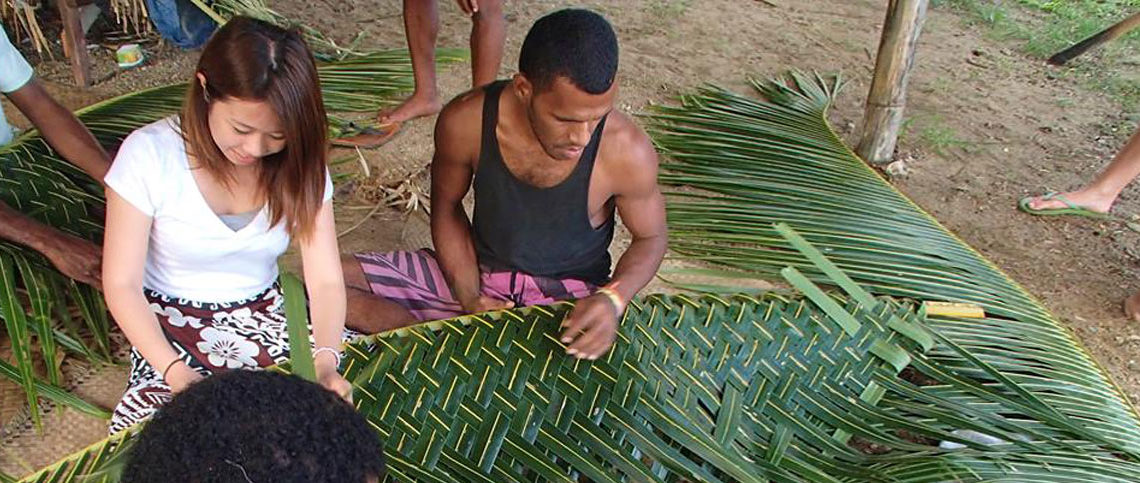
Xuanyan Ouyang, 2014-15 Fiji International Tourism for Development student blogger, writes:
Life-changing means you have experienced something different that alters life circumstances or outlooks in a substantial way. The day and a half we spent in Votua Village, short yet eye-opening, was just that.
The homestay experience helped us learn more about the true Fijian lifestyle and the impact of tourism on the villagers, and as a result, made us realize how blessed we are.
Villagers in Votua Village wore traditional sulus, a skirt of sorts worn by both men and women. The fabric can be either below-knee or ankle-length and is wrapped around the legs and secured by twisting at the waist. So, before we arrived, we put on our own sulus.
The first thing we did when we arrived at the village was have a kava ceremony.
Kava is a traditional drink and is made using the roots of the plant, which are then ground and combined with water for drinking. We sat in a circle with some of the villagers to hear from them about the kava ceremony before sharing in the drinking of the kava.
After the ceremony, our homestay families picked us up and showed us to their homes, which would be our home for the next day. My homestay sister showed me and a few of my classmates around the village. Most of the time, we played with the kids in the village, as it was their school summer break during our visit so they were at home.
We also enjoyed some incredibly tasty food made by our homestay parents. Our homestay mom made coconut eggplant, chicken curry, and sausage with Chinese noodles for one meal.
Those experiences are not what made this experience life-changing, but it’s the fact that the living conditions are so drastically different and more challenging compared with that in the U.S. However, the villagers are still satisfied with what they have and are happy and optimistic about their lives.
My family did not have running water except for one hour in the morning and one hour in the evening. This means no flushing the toilet or using the sink whenever desired. With no air conditioner or fans in the house, the house is the same temperature as it is outside. They had a limited amount of income and are heavily dependent on tourism.
While it was a short period in a Fijian village, my homestay definitely brought me more than just the experience of a new lifestyle, knowledge of local Fijians, and academic reflection on tourism’s impacts. It brought me a new outlook. After this program, I think life is not about the constant pursuit of material fortune but rather about the mindset to be content with what we have, treasure it and share this attitude with others.

